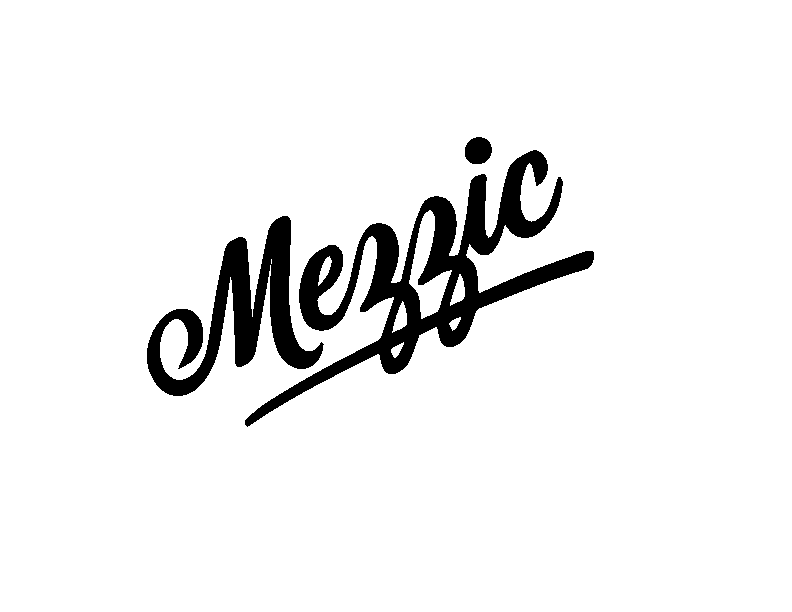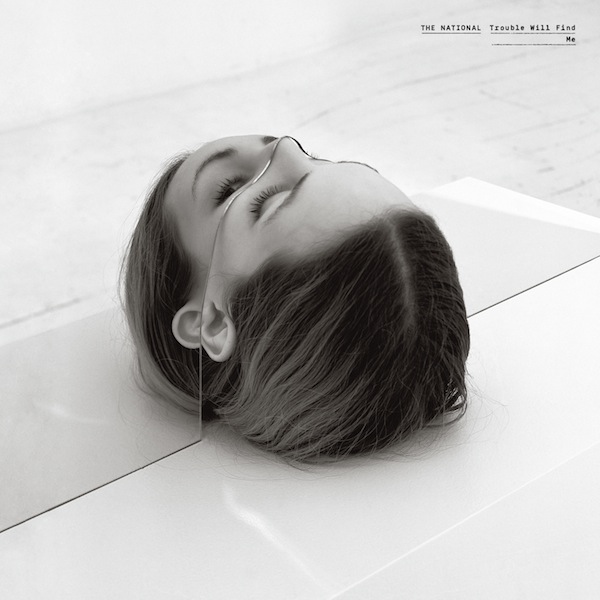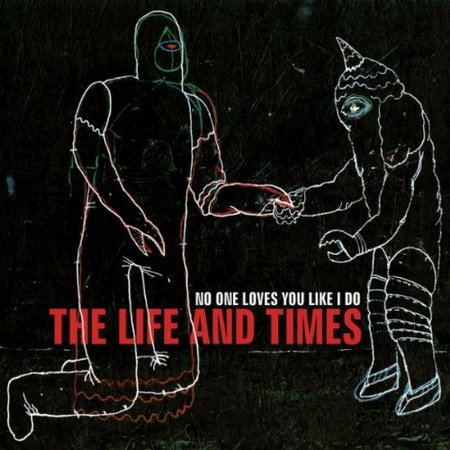
Review: The Atlas Moth – An Ache for the Distance (2011)
Today we welcome Steven Coffman, a Southern Atlantic nomad now holed up on the cusp of the Colorado mountains to Mezzic! Out there, he spends the days and nights “pairing various beers with technical metal, indie rock, and post-metal, just so long as it’s emotionally heavy or actually heavy.”
I first heard of The Atlas Moth a couple of years ago when I read that they were opening for Coalesce, so I thought I’d check them out. Even though I didn’t see that tour I felt fortunate for the people who were able to go because when I (finally) saw Coalesce a few years before that I had to suffer through See You Next Tuesday. I picked up The Atlas Moth’s debut full length and was met with Mouth of the Architect type post-metal. Really heavy, thick grooves, medium to slow paced with two vocalists; one screaming low, and one screaming at a pitch so high that I had never heard before in this genre. I figured I’d eventually get to their second full length, An Ache for the Distance, but with all of the hype I’ve seen surrounding it, I decided to bump it up on the list of things I need to listen to.
Gone are the EYEHATEGOD style grooves, though The Atlas Moth hold on to the bluesy sludge and experiment more with guitar melodies and psychedelic solo picking than on previous efforts. Also abandoned are the ambient noise from A Glorified Piece of Blue Sky and some of the sped up tempos that were mostly featured on the band’s first EP, but An Ache for the Distance doesn’t even hint at them. Instead, the record maintains a slow steady pace throughout.
The recording is a lot more stripped down with quite a bit of echo, and the mix is a little caustic and muddy which makes it feel like a doom/stoner take on black metal. The black metal influence also shows since the jaguar-esque high pitched shrieks are now, by far, the most prevalent screams. More room was made for lower howls that are reminiscent of the singing found on A Storm of Light songs. The drumming is similar to Jesu in sound, but also in that it’s very basic (although The Atlas Moth uses a real person rather than programmed drums). That’s not to say it’s bad. For this kind of music a technical drummer who over plays would sorely stick out.
Each song has little variance in its structure and, for a post-metal band, the length is relatively short. The Atlas Moth doesn’t waste time getting the song where they want it to go and then they don’t harp on meandering repetitious interludes that seem to go nowhere. The album does lack the punching heaviness that they have showcased in the past and while I would lean more towards A Glorified Piece of Blue Sky, The Atlas Moth make it very apparent that they achieved what they set out to create.
Rating: 6.4/10




Post a comment